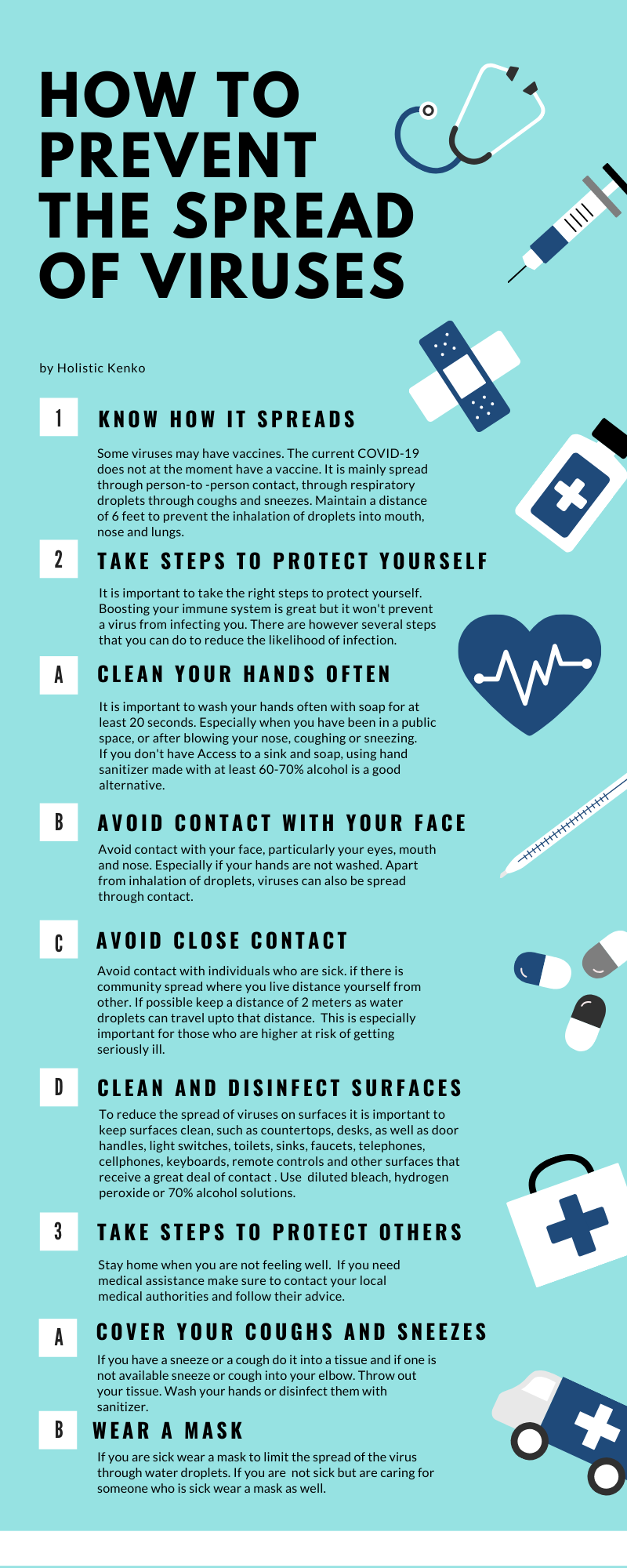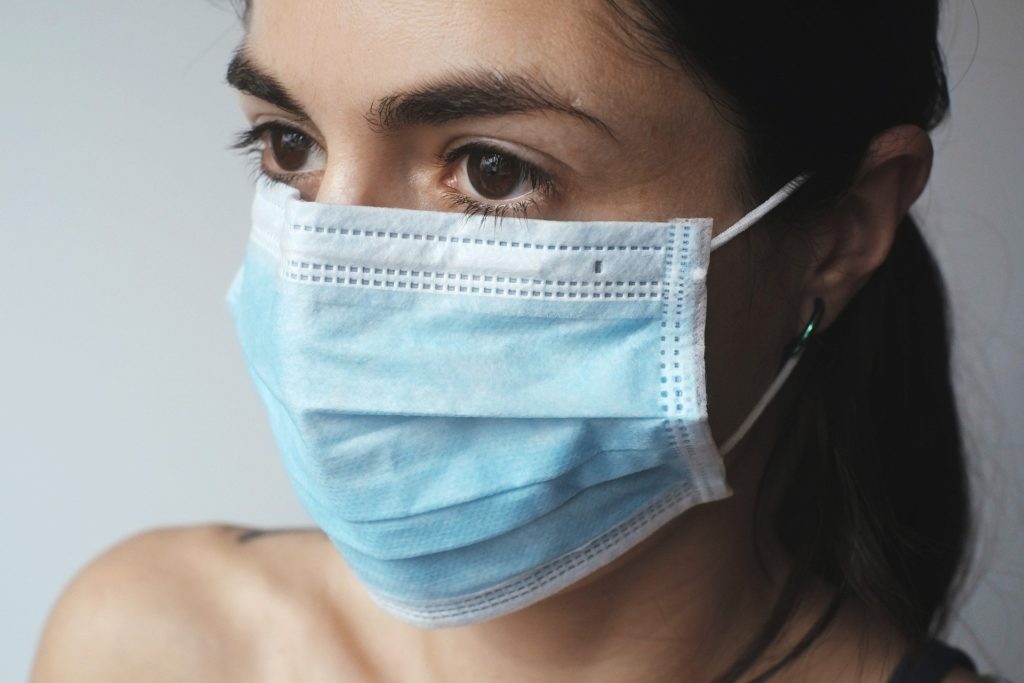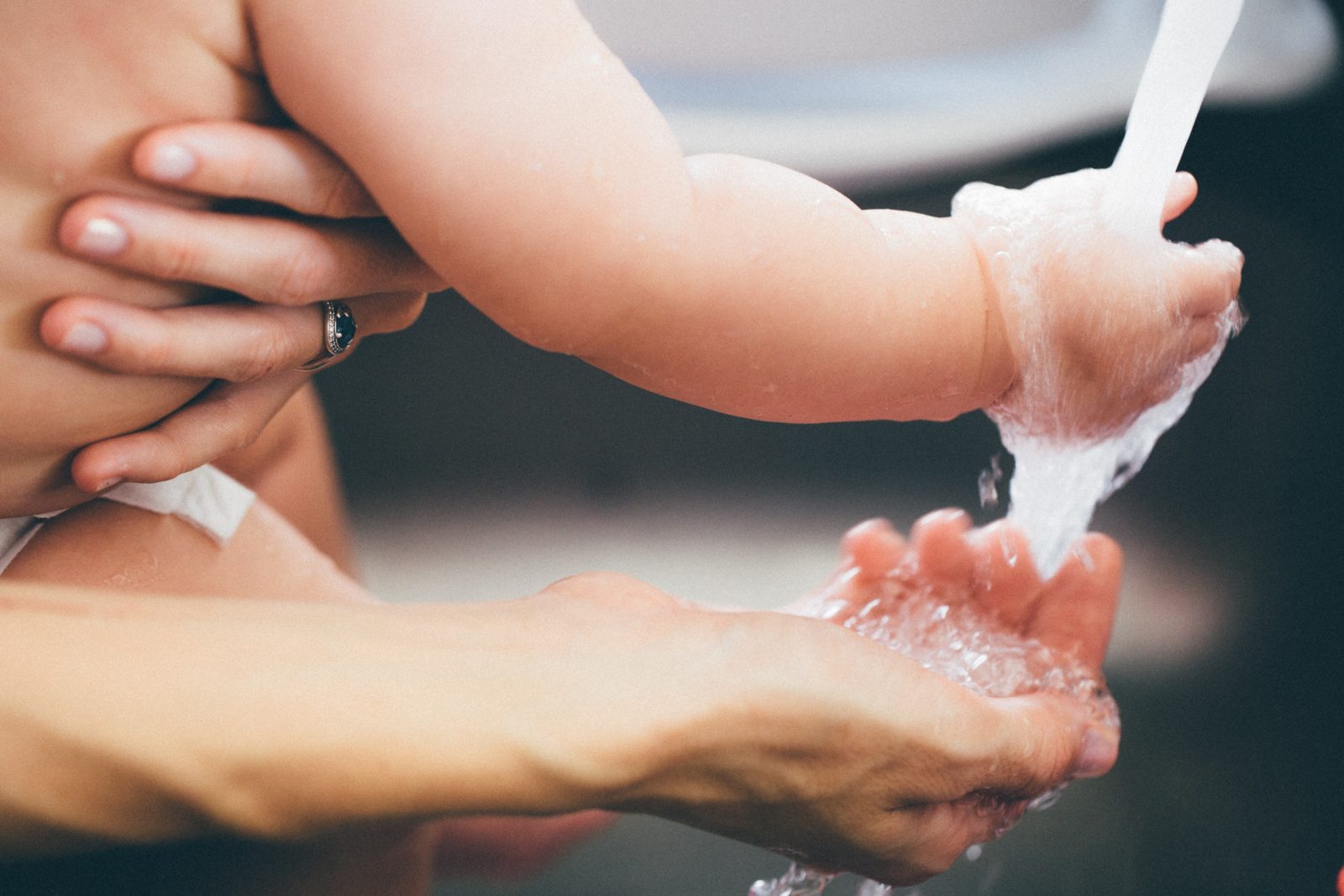With the COVID-19 pandemic spreading across the world, it is important to learn how you can stop the spread of viruses, germs, diseases, and other contaminants. This guide will share the current best practices on what you can do to limit the spread, and protect yourself, as well as others.
How Diseases Spread
The most common way diseases spread is through direct contact with contaminated surfaces. Another way is human to human contact with an infected person.
Wash Your Hands Often
The most important advice to follow is to wash your hands often. Wash your hands for at least 20 seconds with soap to get rid of any bacteria and germs. You should wash your hands every time you go outside, interact with other people and every time you cough or sneeze. Germs commonly spread through direct touch.
Do Not Touch Your Face
Touching your face is how viruses get into your body from contaminated surfaces. Avoid touching your face, nose, eyes with unwashed hands. Studies have shown that people touch their faces as often as 16 times per hour.
Practice Social Distancing
Social distancing is when you avoid social contact and events. Studies have shown that social distancing is an effective technique to “flatten the curve” of disease spread. Flattening the curve means lowering, or staggering the rate of spread so that hospitals can support the influx of new patients.
Social distancing also entails distancing yourself from others in social places to a distance of at least 2 meters or 6 feet. This will aid in inhibiting contact with potentially contaminated airborne droplets produced when an infected individual coughs, sneezes or talks.
Avoid Close Contact With Others
You want to avoid close contact with others who are sick, and you want to avoid contact with anyone else if you are sick. If you are sick, it is recommended to stay at least 6 feet away from people in your household. If you are out in public practice this.

Please share this on social media to help keep people informed.
Stay Home If You’re Sick
Stay home if you’re sick unless you are going out to get medical care. You should be in self-isolation – at least 2 meters away from others – until you have fully recovered.
Learn to Protect Others
Every person should help in reducing the spread of a pandemic. Actions you do can have a drastic effect on how well society can handle a pandemic. Countries are not normally equipped to handle a virus spreading on a global scale. Reducing the spread of a virus can help our global health systems handle the large influx of patients. Helping make sure that each person can get the medical attention they need.
Wear a Facemask if You’re Sick

Wearing a facemask when you’re sick helps the spread of airborne particles that carry viruses or diseases. Wearing a facemask when you’re not sick only helps when you’re caring for someone who’s sick. You do not need a facemask if you’re not sick and not in contact with someone who is sick. Often it could lead to an increase in getting the disease as those who wear masks often touch their face.
Cover Your Coughs and Sneezes
Covering your coughs is an important technique to help reduce the spread of contaminated airborne particles. A technique that you can use is something called the “vampire cough” or the “vampire sneeze”, where you cough or sneeze into your inner elbow.
Sneezing or coughing into a tissue is a great alternative, making sure to dispose of the tissue afterwards. With either case be sure to wash or clean your hands thoroughly, either by the use of soap and water for 20 seconds or with a viable hand sanitizer.
Disinfect Surfaces
Disinfecting commonly used surfaces can reduce the spread of germs and other contaminants. Wash commonly used surfaces often.
If surfaces are dirty, clean them.
To disinfect:
- Use any government-approved disinfectant.
- Use an alcohol-based disinfectant that has at least 70% alcohol
- Use diluted household bleach. You can find instructions here.
Boost Your Immune System
Your immune system cannot prevent you from getting a virus or a disease. It can aid in recovery and in reducing symptoms.
- Vitamin D supplements have been shown to help with respiratory tract infections.
- Vitamin C is great for boosting immune function, combating free radical damage and virus destruction.
- N-acetyl-cysteine, in studies, has been shown to decrease the severity of respiratory infections as well as modulate airway anti-inflammatory and antioxidant responses.
- Zinc helps regulate the function of the white blood cells. It may increase the production of T lymphocytes which are factors in cellular immunity. Zinc is an integral part of both innate and specific immunity in the body. Specific immunity provides cells with memory to bacterial and viral attacks on the body.
Making sure you get enough good quality sleep is essential. Drinking plenty of water and staying hydrated as well as reducing stress can all aid in boosting one’s immune system.
References
Information About Social Distancing
Amanda Filipowicz is a certified nutritional practitioner (CNP) with a bachelor in environmental studies (BES) from York University. She also has certification in clinical detoxification, prenatal and postnatal care as well as nutrition for mental health. She has been working as a nutritionist since 2013 and is a lifelong proponent of eating healthy.

